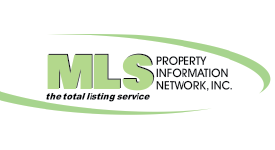
If you're a qualifying U.S. veteran, a VA home loan can be your quickest path to home ownership. However, if you're legally disabled, there are even more financial benefits available. Here is a basic guide to VA loan benefits for veterans with disabilities:
Funding fee exemptions
VA loans don't require down payments, but come with funding fees instead. While much lower than conventional down payment amounts, funding fees can prove just as much of a financial hurdle as down payments for some veterans. The fees are calculated based on percentages ranging from 1.4% to 4% of the total amount of the loan. However, veterans with disabilities are exempt from paying VA funding fees if they qualify, potentially saving thousands of dollars.
Special housing grants
There are multiple housing grants available specifically to help veterans with disabilities finance and improve their dream homes. The main types of grants are concerned with establishing or improving accessibility of your residence, either permanently or temporarily.
For example, the VA Special Housing Adaptation (SHA) Grant is available to help either purchase or make changes to a home to accommodate a disability. Changes could include projects like ramp installation, wheelchair-accessible bathroom features and hands-free smart home equipment.
For temporary solutions, qualified veterans can apply for a VA Temporary Residence Adaptation (TRA) Grant to finance modifications to a relative's home. Even without complete remodeling, there are plenty of ways to improve accessibility and accommodate a range of disabilities using these options.
State property tax exemption
Depending on their state of residence, veterans with disabilities may be exempt from paying property taxes. Most states offer a form of tax break for qualified veterans, with amounts and requirements varying from one state to the next. To find out if you're eligible for this benefit, you can find resources available online and through the VA directly to determine your individual state's exemption offerings.
About the Author

